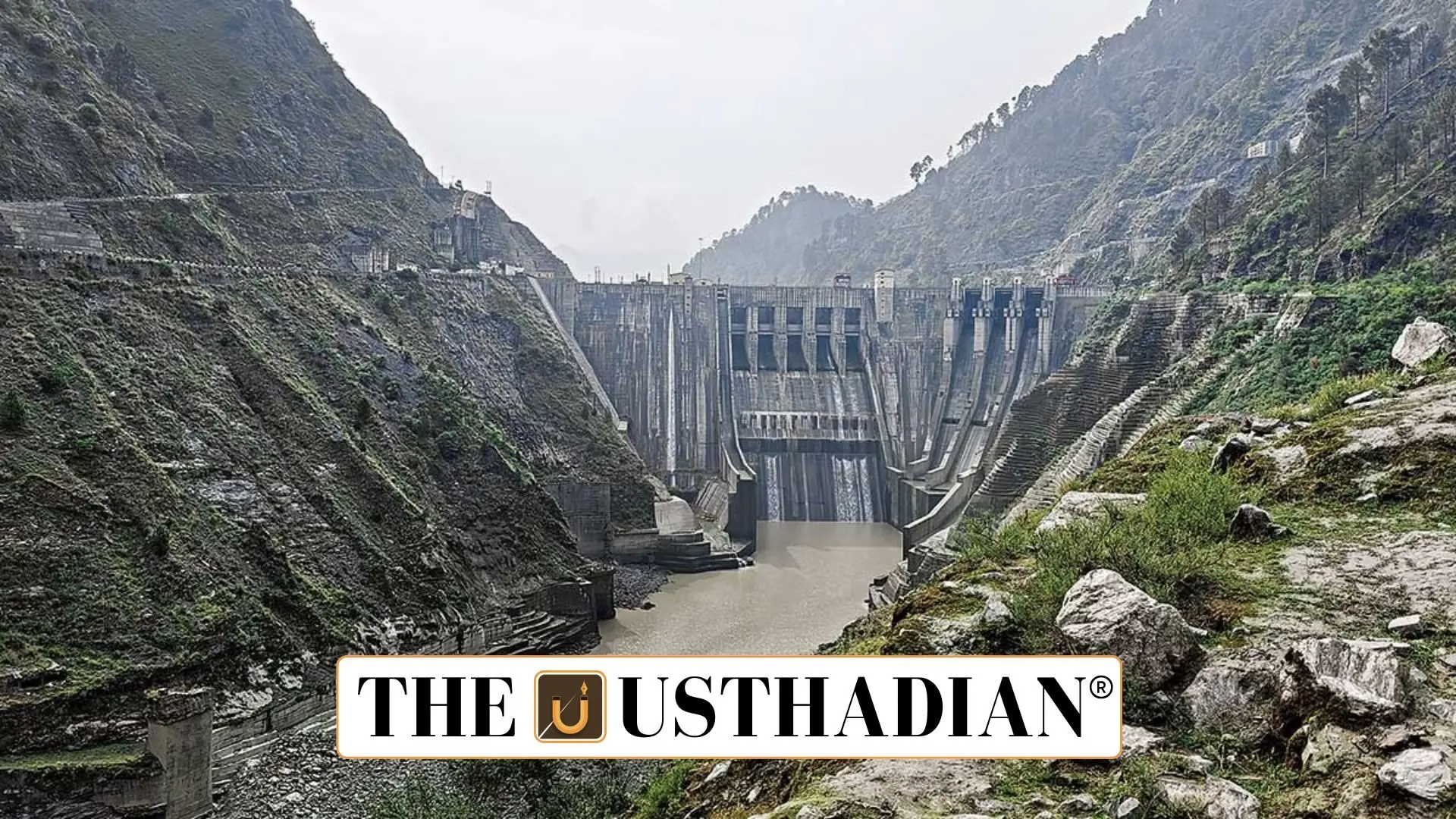India’s firm stand on water treaty ruling
India refuses arbitration court ruling on Indus water issue: India has taken a strong stand by turning down a fresh ruling issued by the Court of Arbitration (CoA) located in The Hague. The court declared that India’s decision to temporarily suspend the Indus Waters Treaty (IWT) does not affect its jurisdiction to hear disputes over the Kishenganga and Ratle hydropower projects. These projects, situated in Jammu and Kashmir, have long been at the center of disagreements between the two countries.
Trigger for suspending the treaty
The move to place the treaty “in abeyance” came soon after a major terrorist strike in Jammu and Kashmir on April 23, 2025. India accused Pakistan of supporting such attacks and declared that the treaty would remain on hold until cross-border terrorism ends. This action was meant to pressure Pakistan and assert India’s priorities in terms of national security.
What the treaty says?
The Indus Waters Treaty was signed in 1960 between India and Pakistan, with support from the World Bank. It allocates the use of the eastern rivers — Sutlej, Beas, and Ravi — to India, while Pakistan was granted control over the western rivers — Indus, Jhelum, and Chenab. The treaty has been praised for its durability, having survived several military conflicts between the two countries.
Ongoing project-related tensions
Issues over the Kishenganga (on a Jhelum tributary) and Ratle (on the Chenab) power projects have led to rising tensions. In 2015, Pakistan objected to India’s designs and requested the World Bank to appoint a Neutral Expert. However, in 2016, Pakistan withdrew that request and instead pushed for a Court of Arbitration. India stayed committed to the Neutral Expert path, considering it a more appropriate step under the treaty.
The situation became more complicated in 2022, when the World Bank named both a Neutral Expert and a Court of Arbitration, an unusual move. India recognized the Neutral Expert but did not accept the court’s authority.
India’s core objections
According to India, the Court of Arbitration was not created as per the rules laid out in the treaty. Officials called its establishment a direct violation of the agreement. India insists that disputes should follow the correct procedure, beginning with the Permanent Indus Commission, followed by a Neutral Expert, and only then the Court of Arbitration.
India maintains that skipping the earlier steps undermines the treaty’s dispute resolution system. Furthermore, India argues that it has full rights as a sovereign state under international law to temporarily suspend treaty obligations during times of national concern.
Some static facts worth noting
The Indus Waters Treaty stands as a rare example of a long-lasting international agreement. The Court of Arbitration is located in The Hague, and the Kishenganga and Ratle projects have been frequent flashpoints. The treaty itself remains a key part of South Asia’s water politics and continues to influence India-Pakistan relations.
Static Usthadian Current Affairs Table
| Topic | Details |
| Treaty Name | Indus Waters Treaty |
| Signed Year | 1960 |
| Brokered by | World Bank |
| India’s Rivers | Sutlej, Beas, Ravi |
| Pakistan’s Rivers | Indus, Jhelum, Chenab |
| Disputed Projects | Kishenganga and Ratle |
| Dispute Year | 2015 onward |
| Court of Arbitration Location | The Hague |
| Terror Attack Trigger Date | 23 April 2025 |
| India’s Treaty Status | Held in abeyance |








